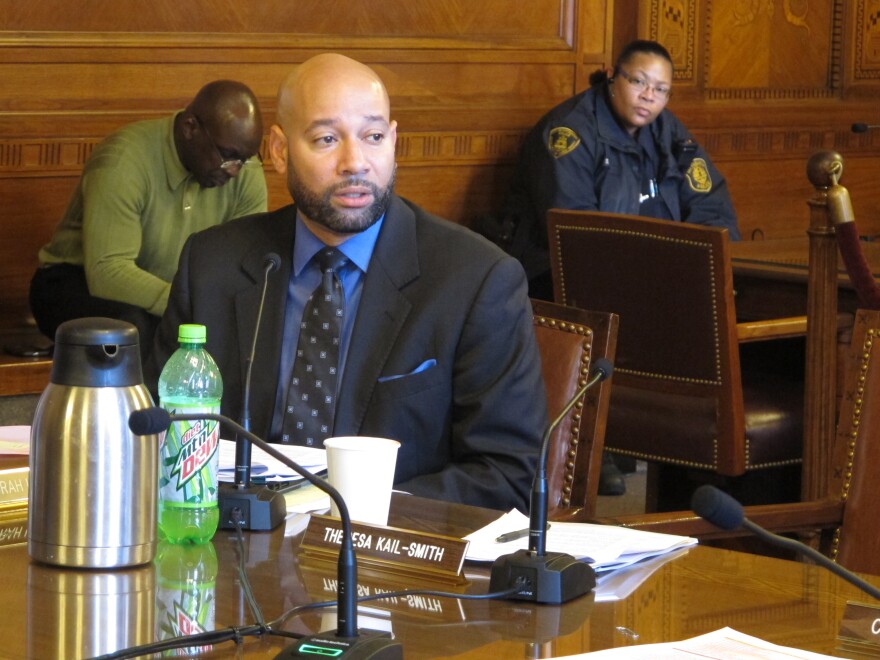Taxes are likely to increase for Pittsburgh homebuyers so the city can pay for rental assistance, affordable housing construction and the rehabilitation of existing homes in the city.
City Council voted 7-2 Wednesday to give preliminary approval to an increase in next year's realty transfer tax from 4 percent to 4.5 percent. The revenue would fund the Housing Opportunity Fund and jump to 5 percent in 2020.
A final vote is expected next week and would follow protracted deliberations. Created last December, the affordable housing fund is designed to receive $10 million each year.
A 2016 study by Pittsburgh’s Affordable Housing Task Force found that the city’s affordable housing shortage is in excess of 17,000 units
In May, Councilmembers Daniel Lavelle and Ricky Burgess proposed raising revenue by increasing the realty transfer tax from 4 to 5 percent starting in 2018, but they couldn’t win majority support. Their colleagues on council said at the time that their bill might discourage homebuying within city limits.
Last week, Councilmembers Deb Gross, Corey O’Connor and Natalia Rudiak announced that the city could use existing revenues to help offset the increase to the realty transfer tax. But the final bill ultimately included a more gradual increase than Lavelle and Burgess originally proposed.
Councilmember Theresa Kail-Smith expressed tepid support for the bill ahead of Wednesday’s vote.
“I don’t know that this is the right decision to make, but I do think not making any decision has not been helpful,” she said. “We do know that we have a lot of housing that needs addressed. We have a lot of people needing help and support.”
The incremental increase gives council "an opportunity to review whether or not it is working," Kail-Smith said. "I want to make sure it's not having a negative effect, obviously, on home sales in the city of Pittsburgh."
Kail-Smith said she was also reassured by legislation introduced by Councilmember Dan Gilman that would give first-time homebuyers assistance in making down payments on their homes.
Councilmembers Darlene Harris and Natalia Rudiak cast the two dissenting votes.
“The neighborhoods that I represent need more homeownership, not less,” Rudiak said. “The most affordable [housing] option in Pittsburgh is to buy an affordable home.”
An increase to the realty transfer tax would disproportionately affect low and moderate-income home buyers, Rudiak said. She voted against the tax partly because, according to her, county data shows that three in four property transactions are valued at $150,000 or less.
The city, Rudiak added, could use other revenue sources that wouldn’t burden homebuyers, such as selling advertising space on city-owned trash cans or enforcing a controversial billboard tax, which City Council passed in 2012.
Rudiak also encouraged the city’s “Big Four” nonprofits, Highmark, UPMC, the University of Pittsburgh and Carnegie Mellon University, to contribute to the Housing Opportunity Fund. These institutions are exempt from paying property taxes, but Mayor Bill Peduto has been trying to negotiate agreements where they would make donations to the city, in lieu of taxes, each year.




